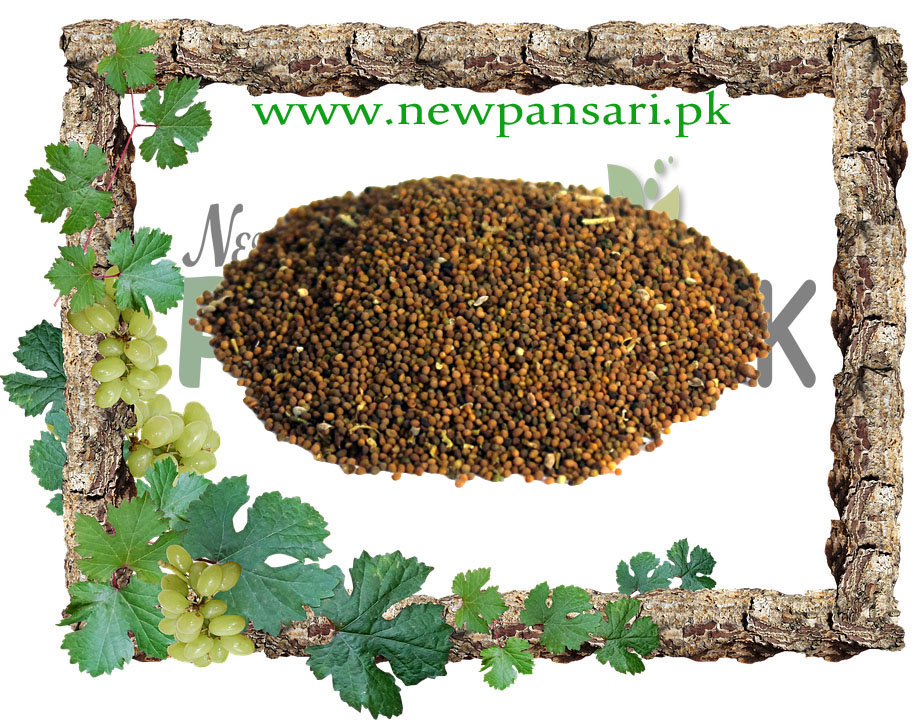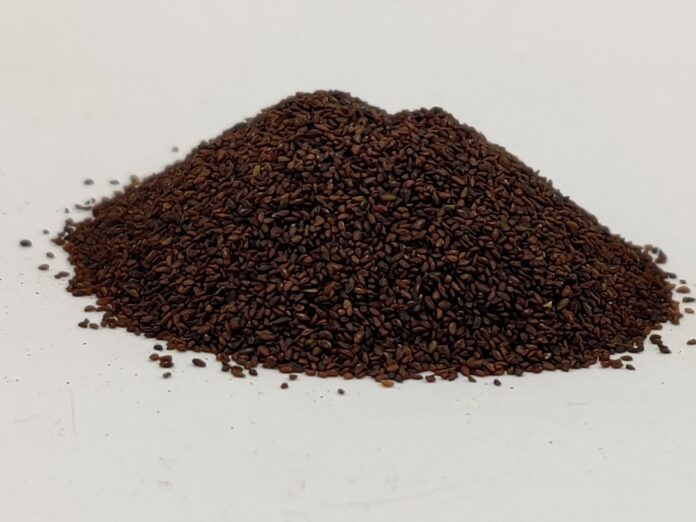Introduction:

Broadleaf plantain (Plantago major) is a common, low-growing perennial herb that is native to Europe and parts of Asia, but now found worldwide. It is widely regarded as a resilient and adaptive plant, often seen growing in lawns, along roadsides, in gardens, and other disturbed areas.
| Language | Name | |
| English | Broadleaf plantain | |
| Hindi | बड़ा चटक (Bada Chatak) | |
| Sanskrit | अश्मभेद (Ashmabheda) | |
| Spanish | Llantén mayor | |
| French | Grand plantain | |
| German | Breitwegerich | |
| Arabic Urdu | لسان الحمل العري بارٹنگ(Bartang) |
HEALTH BENIFITS.

Wound Healing
- Topical Use: Crushed leaves or poultices can be applied to cuts, scrapes, insect bites, and burns.
- Contains allantoin, which promotes cell regeneration and speeds up healing.
- Also has antibacterial and anti-inflammatory properties that help prevent infection.
2. Anti-inflammatory Effects
- Plantain can help reduce inflammation both externally (on skin) and internally (in the gut).
- May be helpful for conditions like arthritis, skin irritation, or gastritis.
3. Antioxidant Properties
- Contains compounds like flavonoids and tannins which help neutralize free radicals.
- Supports the body’s defense against oxidative stress and chronic disease.
4. Respiratory Support
- Traditionally used to soothe coughs, clear mucus, and calm irritated throats.
- Often found in herbal cough syrups or teas for bronchitis, colds, or allergies.
5. Digestive Health
- Acts as a mild laxative and demulcent (soothes mucous membranes).
- Used for treating diarrhea, ulcers, or constipation.
- Seeds (similar to psyllium) can be used as fiber supplements to support regularity.
6. Urinary Tract Health
- Mild diuretic action helps flush the urinary system.
- Traditionally used to assist in treating bladder infections or kidney issues.
7. Skin Care
- Used to treat eczema, acne, rashes, and sunburn.
- Can be infused into oils or made into salves for natural skin treatments.
8. Immune Support
- Some studies and traditional uses suggest immune-boosting effects.
- May help the body resist infections due to its antimicrobial compounds.
Side effects:

- Most healthy adults can safely eat plantain weed’s leaves either raw or cooked.
- However, plantain supplements may cause mild symptoms like nausea vomiting, diarrhea, bloating, and skin reactions. High doses may trigger more serious side effects, including severe and potentially life threatening allergic reaction.
- Fiber supplements derived from plantain seeds, such as psyllium, may also cause digestive issues, including gas, bloating, and uncomfortable fullness.
- To minimize any potential side effects, start with a low dosage, increase your intake slowly, and use only as directed.
- If you experience an allergic reaction, discontinue use immediately and talk with a medical professional.
HOW TO USE:
- Topical Applications
- Poultice: Crush fresh broadleaf plantain leaves and apply them directly to wounds, insect bites, or skin irritations for immediate relief. Cover with a bandage if necessary.
- Salve: Create a soothing salve by infusing dried plantain leaves in oil and mixing it with beeswax. This can be used on dry skin, minor burns, and rashes.
- Internal Uses
- Tea: Brew a tea by steeping fresh or dried plantain leaves in hot water for 10-15 minutes. This tea can be consumed to support respiratory health, digestive health, and overall well-being.
- Tincture: A tincture made from broadleaf plantain leaves can be taken daily to support the immune system and reduce inflammation.
- Culinary Uses
- Salad Greens: Young broadleaf plantain leaves can be eaten raw in salads, adding a nutritious and slightly bitter flavor to your dish.
- Cooking: The leaves can also be steamed or sautéed like spinach and used in various recipes.
⚠️ Who Should Be Cautious?
- Pregnant or breastfeeding women – limited safety data; better to consult a healthcare provider.
- People with plant allergies – especially those sensitive to other members of the Plantago family.
- People on multiple medications – especially diuretics, blood pressure meds, or anticoagulants.




